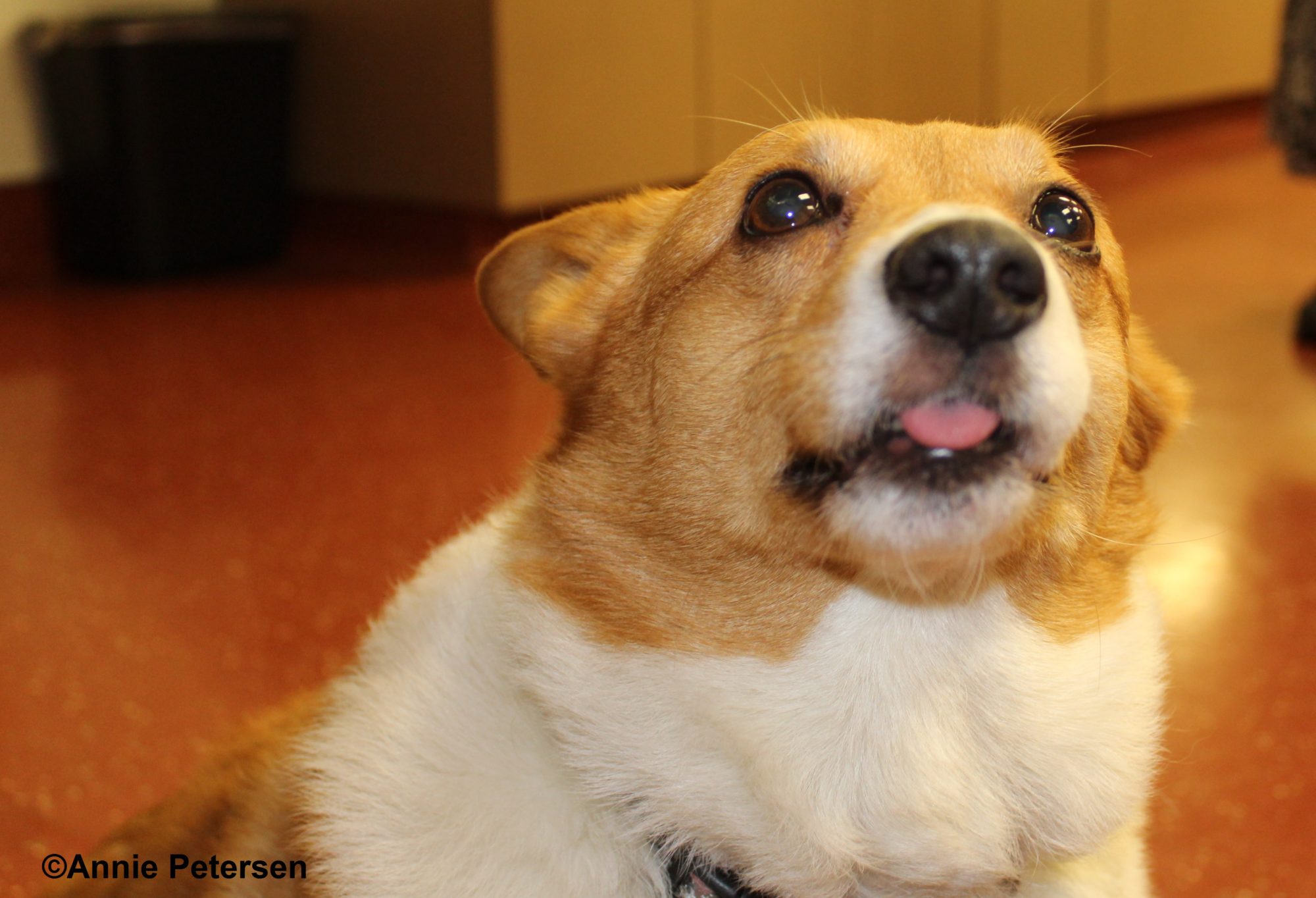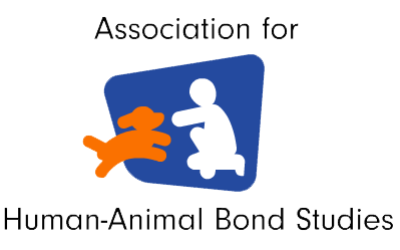Presented by Jessica Walker, Clive Phillips, Natalie Waran. Centre for Animal Welfare and Ethics, School of Veterinary Science, University of Queensland, Australia; Jeanne Marchig International Centre for Animal Welfare Education. Royal School of Veterinary Studies, University of Edinburgh, UK; The Animal Welfare and Biodiversity Research Group, Department of Natural Sciences, Unitec, New Zealand.
The loss of a companion animal is well accepted to result in a significant experience of grief for the owners although, at present, little is known about how other animals in the household are affected by such a loss. This paper discusses how companion animals’ respond to the loss of a conspecific through owner reported behavioural changes.
A questionnaire was distributed via informative publications produced by the Royal Society for the Prevention of Cruelty to Animals (RSPCA) across Australia and New Zealand and through a selection of veterinary clinics with New Zeland. The questionnaire covered owner demographics, demographics of up to four deceased animals and up to four animals remaining in the household after an animal companion passed away, behaviour that was exhibited or that changed in remaining animals after a companion passed away and the duration of these behaviours.
From a total of 306 returned questionnaires, 414 companion dogs and cats had experienced the loss of an animal companion. Seventy five percent of these animals were reported to display a behavioural change by their owner. Dogs were reported to display a reduction in food consumption, an increase in sleeping, a decrease in vocalisations and were described as appearing withdrawn. These behavioural changes were more often described if the deceased conspecific was also a dog. Cats, on the other hand, were reported to display an increase in vocalisations, an increase in aggression towards other animals in the household and were described as appearing depressed. The behavioural changes described in cats were also more often reported if the deceased conspecific was a cat.
These findings demonstrate that owners describe common behavioural changes in their companion animals, subsequent to the loss of a conspecific.

